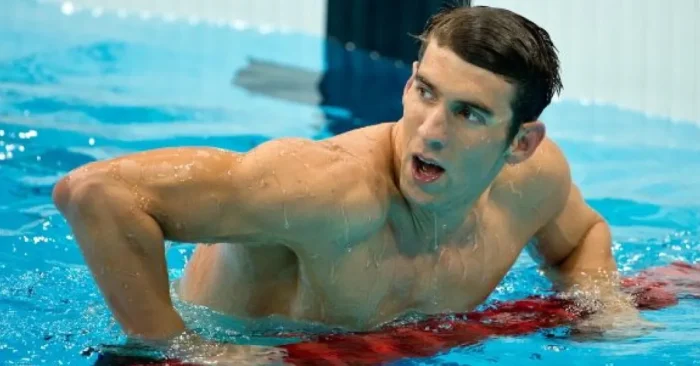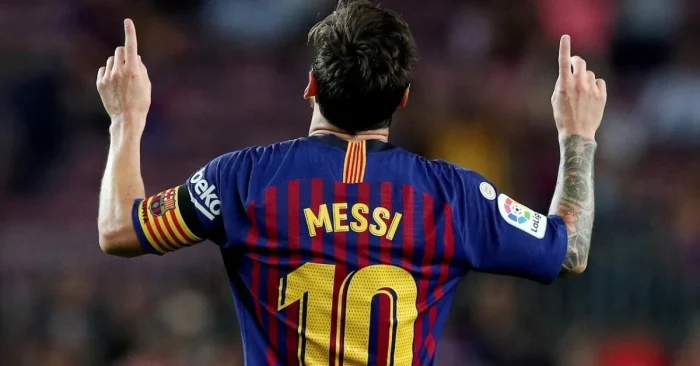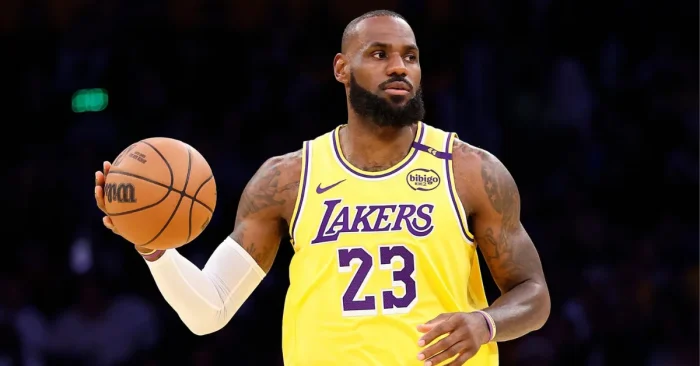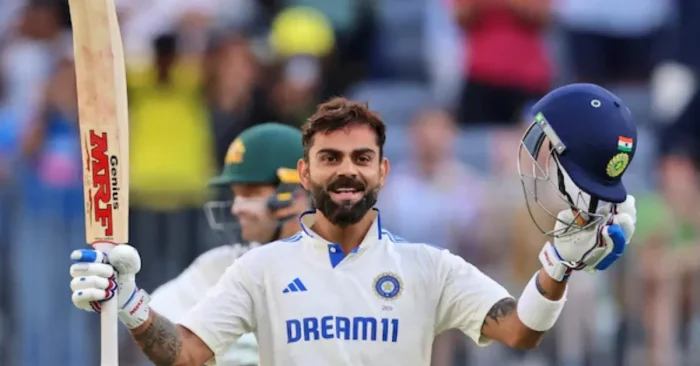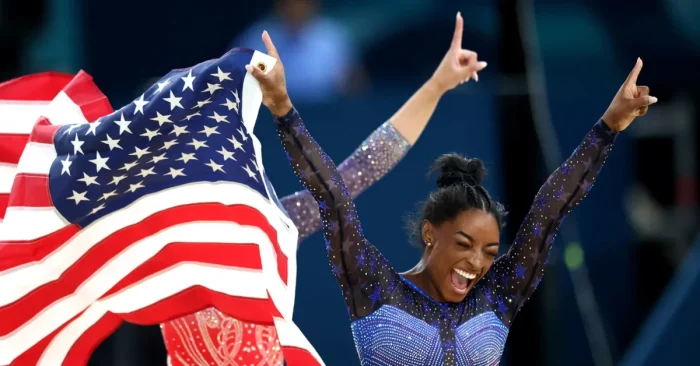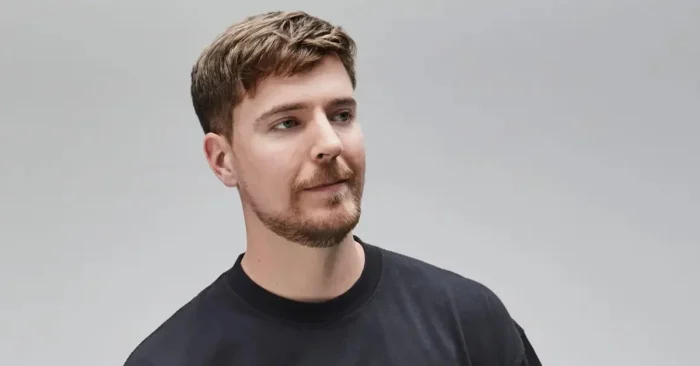Michael Phelps – Biography
Early life and beginnings
Michael Phelps was born on June 30, 1985, in Baltimore, Maryland. The youngest of three children, he grew up in a supportive but competitive household. His parents, Fred and Debbie Phelps, recognized his energy early and encouraged him to swim to channel his focus. Diagnosed with ADHD as a child, swimming provided Phelps with structure and discipline, helping him excel both in the pool and in managing his condition.
First taste of competition
By age seven, Phelps was competing locally, showing remarkable natural ability. Under the coaching of Bob Bowman, who would guide his entire career, Phelps refined his technique and built extraordinary endurance. At just 15, he qualified for the 2000 Sydney Olympics, becoming the youngest male swimmer on the U.S. team in nearly seven decades, although he didn’t medal at those Games.
Record-breaking early years
After Sydney, Phelps quickly rose to global prominence. In 2001, he broke the world record in the 200-meter butterfly, becoming the youngest male to set a world swimming record. Over the next few years, he continued to dominate, collecting multiple world titles and establishing himself as one of the sport’s rising superstars. His versatility allowed him to compete in a wide range of events, from sprints to distance races.
2004 Athens Olympics triumph
Phelps made history at the 2004 Athens Olympics by winning six gold medals and two bronze. His incredible performances captured global attention, showcasing his versatility and competitive spirit. The media began comparing him to swimming legends like Mark Spitz. Phelps had established himself not just as a prodigy but as one of the sport’s all-time greats.
Beijing 2008 historic run
The 2008 Beijing Olympics marked the peak of Phelps’ career. He won an unprecedented eight gold medals, breaking Spitz’s long-standing record of seven golds at a single Games. His victories included dramatic finishes, most notably winning the 100-meter butterfly by one-hundredth of a second. Phelps’ Beijing performance cemented his status as a global icon and Olympic legend.
Challenges and setbacks faced
Despite his success, Phelps faced personal struggles, including mental health challenges, DUIs, and media scrutiny. After the 2012 London Olympics, where he added four gold and two silver medals, he temporarily retired. However, he publicly addressed his mental health struggles and became an advocate for athletes coping with pressure and depression.
Comeback and final Games
In 2014, Phelps returned to competitive swimming, determined to end his career on his own terms. At the 2016 Rio Olympics, he won five gold medals and one silver, bringing his career total to 23 golds and 28 Olympic medals overall—more than any athlete in history. His comeback was widely celebrated as a demonstration of resilience and redemption.
Legacy beyond swimming
After retiring from competition, Phelps focused on family life, philanthropy, and mental health advocacy. Through the Michael Phelps Foundation, he promotes water safety, wellness, and mental health awareness. His openness about his personal struggles has helped break stigma around mental health in sports, further expanding his influence beyond the pool.
Frequently Asked Questions (FAQs)
What is Michael Phelps known for?
Michael Phelps is known for winning 23 Olympic gold medals, the most by any athlete in history.
When did Phelps retire?
He officially retired after the 2016 Rio Olympics, following his record-breaking performances.
How many total Olympic medals?
Phelps won 28 Olympic medals in total: 23 gold, 3 silver, and 2 bronze across five Olympics.
What challenges did he face?
He faced mental health struggles, legal issues, and intense public pressure throughout his career.
What is his legacy today?
Beyond his swimming records, Phelps is a leading mental health advocate and runs the Michael Phelps Foundation.

